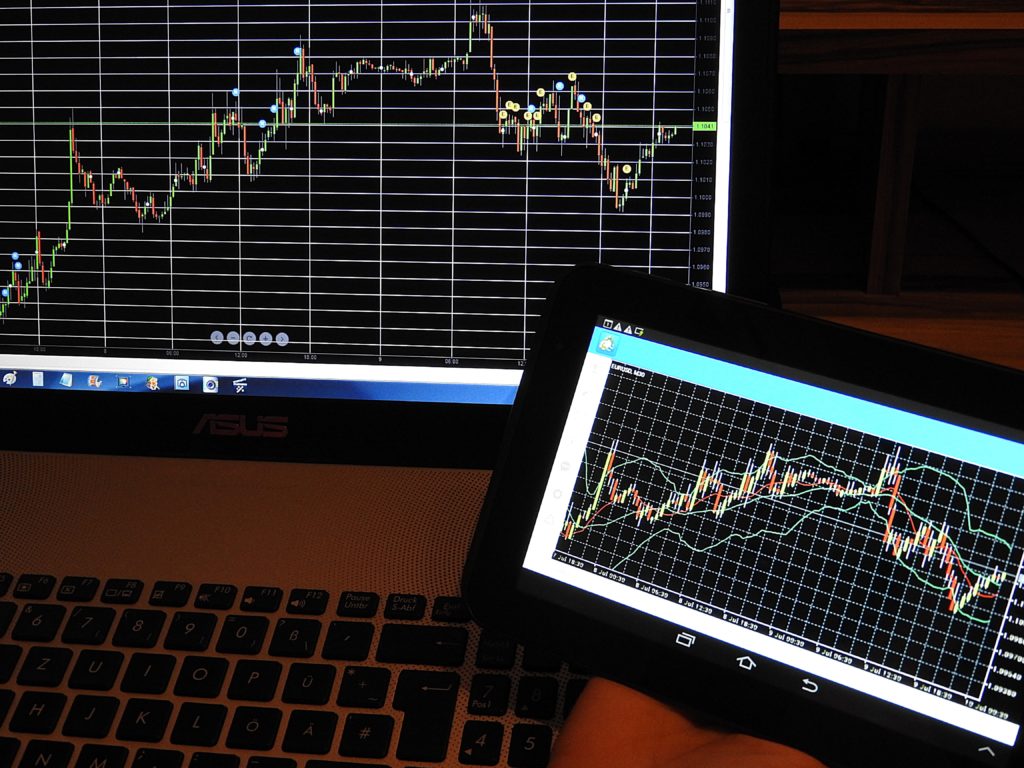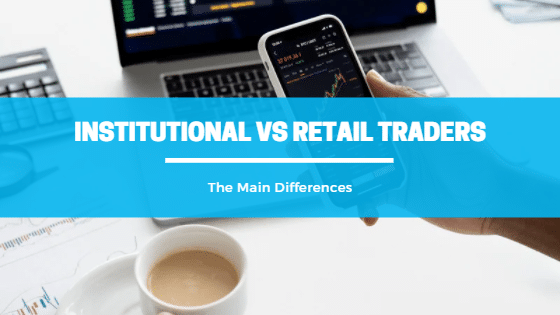We can classify traders in a variety of ways, and classifying traders by their goal in the market is considered to be one of the most straightforward ways to do that.
Traders can be classified into two categories: institutional traders and retail traders. Although these terms are pretty simple, some people find it difficult to distinguish between what exactly each type of trader does and doesn't do in the market. So, if you have any questions about institutional traders and retail traders, you should have them answered by the end of this comparison.
The main difference between Institutional and Retail Traders is that retail traders buy or sell securities for personal accounts, while institutional traders buy or sell securities for accounts they manage for institution or a group.
Institutional Traders
Institutional traders are traders who can invest in assets like swaps and forwards that are often unavailable to retail traders. They act on behalf of a group or financial institution. In addition, institutional traders are frequently approached for initial public offerings (IPO) investments. Individual traders are usually warded off by the complexity of these trades.
Institutional traders can have a significant impact on a security's share price due to the enormous volume in which they trade. As a result, they may spread trades over time or among different brokers to avoid having a huge impact. The volume of trades carried out by institutional traders is significantly higher. The higher the volume of assets they’re trading, the bigger the impact on the share price of securities.

Institutional traders typically trade blocks of 10,000 (or more) shares at a time and can save money by sending trades directly to the exchanges or via an intermediary. For each transaction, they negotiate basis point fees and demand the best execution and pricing. As a result, the price and execution will be superior to that of regular traders.
Exchange traded funds (ETFs), insurance companies, mutual funds, and pension funds, are the most popular securities traded by institutional traders.
Note: Both marketing and distribution expense ratios are not applied to institutional traders.
Retail Traders

Retail traders, also known as Individual traders, buy and sell securities for their own accounts. Retail traders are those who invest in stocks, options, futures, and bonds, with little or no access to initial public offerings (IPOs). While the majority of their trades are performed in round lots, which are equal to 100 shares each, retail traders have the ability to trade any number of shares at once.
Typically the quantity of shares exchanged by retail traders is not sufficiently large to have an impact on a security's price. If retail traders invest with brokers that charge a flat fee per trade and marketing and distribution expenditures, the cost of making trades may be higher. Since the expense of trading is usually higher for retail traders, they should seek out a broker that charges a flat fee per trade to save their cash.
Retail traders are more inclined to trade small-cap stocks than institutional traders are. This is due to the fact that their price points are lower, allowing them to purchase a variety of securities in a sufficient number of shares to make a good, diversified portfolio.
Despite the fact that retail and institutional traders are two distinct types of traders, it’s not uncommon for retail traders to become institutional traders.
Retail traders follow in the footsteps of institutional traders. As they grow and gain experience, retail traders find themselves becoming institutional traders; they may expand to trading for family and friends after they succeed.
Bottom Line
We can conclude that institutional traders have a number of advantages over retail traders. In many situations, they have more access to brokers and the most up-to-date information. In addition, institutional traders have greater opportunities to diversify securities and retrieve information without difficulty, and real-time data is more readily available to them. This type of trading usually involves higher sums of money.
Retail traders, on the other hand, solely deal with personal accounts. Smaller sums of money can be used to start as a retail trader. Retail traders also enjoy less regulation and capital. So, if you have interest in diversifying your portfolio on a budget, working as a retail trader may be a good choice.
